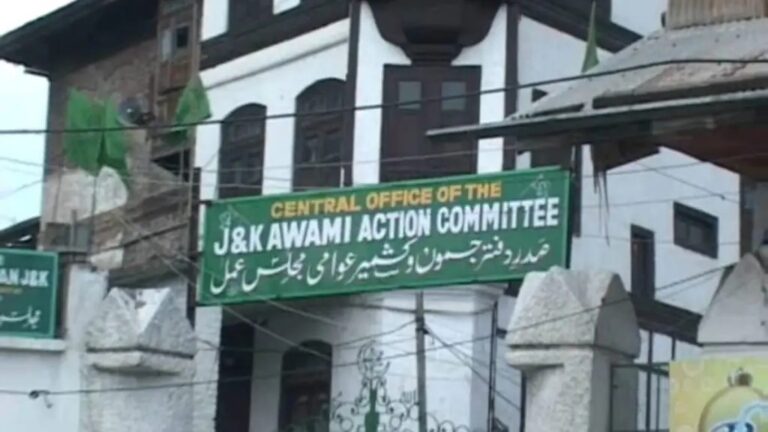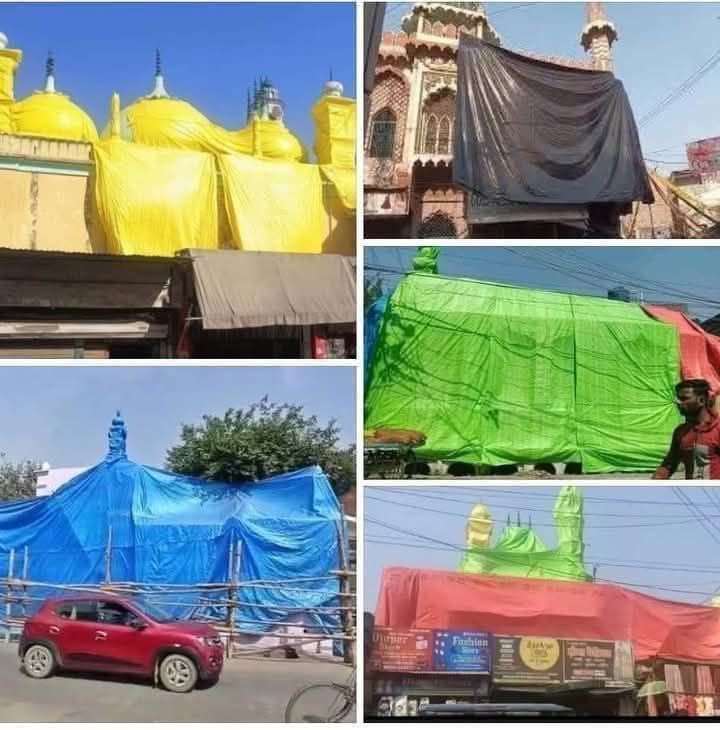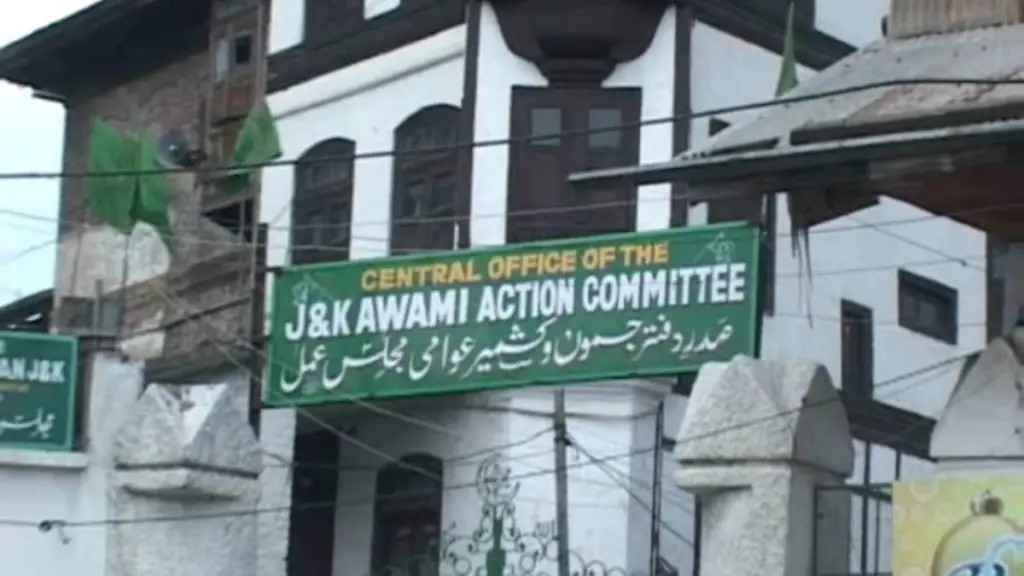
15 AUGUST: FORGETTING IS A
LUXURY OPPRESSED CAN NOT AFFORD
Idrees Bhat
Every year on August 15, while India celebrates its Independence Day with pride and patriotism, Kashmiris on both sides of the Line of Control (LoC) and across the globe observe it as a black day. For them, this date marks Black Day—a reminder to the international community that New Delhi continues to deny Kashmiris their fundamental right to self-determination.
The roots of this observance lie deep in history. On this very day in 1947, the All Jammu and Kashmir Muslim Conference passed a historic resolution in Abi Guzar, Srinagar. The resolution, adopted unanimously, underscored the deep religious, cultural, geographical, and economic ties between Kashmir and Pakistan. It reflected the aspirations of millions of Kashmiri Muslims for accession to Pakistan.
However, the partition of the subcontinent unfolded tragically for the people of Jammu and Kashmir (J&K). Despite the Muslim majority’s decision to join Pakistan, the Hindu ruler of J&K, Dogra Hari Singh, colluded with Indian Prime Minister Jawaharlal Nehru and Governor General Lord Mountbatten to accede to India. The Radcliffe Boundary Award facilitated this by assigning the Gurdaspur District, a predominantly Muslim area, to India, thus providing a land route for Indian forces to move into J&K. On October 27, 1947, Indian forces invaded Srinagar and forcibly occupied J&K in blatant violation of the partition plan.
When Pakistan responded militarily, India appealed to the UN Security Council on December 31, 1947. A ceasefire came into effect on January 1, 1949, following UN resolutions calling for a plebiscite in Kashmir. However, on February 5, 1964, India reneged on its commitment to hold a plebiscite. Instead, the Indian Parliament declared Kashmir an integral part of the Indian Union. The tragedy of the Kashmiri people began in 1947 when they were denied their rightful claim to self-determination. Organizing themselves against Indian injustices, they launched a war of liberation, which New Delhi attempted to quash through various forms of state terrorism.
Since 1989, the Indian army and paramilitary forces have waged a deliberate campaign of state terrorism against Muslim Kashmiris. Brutal tactics such as crackdowns, curfews, illegal detentions, massacres, targeted killings, sieges, house burnings, torture, disappearances, rape, and fake encounters have become all too common.
The situation escalated dramatically on August 5, 2019, when Indian Prime Minister Narendra Modi, leading the BJP-led government, abrogated Articles 35A and 370 of the Constitution, which had granted special status to the disputed territory of Jammu and Kashmir. The Indian government bifurcated the region into two union territories—Jammu and Kashmir and Ladakh—placing them under federal control. A strict military lockdown was imposed, which remains in effect to this day.
The deployment of over 900,000 military troops in the region has resulted in the martyrdom of tens of thousands of Kashmiris, including women and children. Brutal tactics such as fake encounters, the closure of mosques, and shortages of food and medicine have exacerbated the plight of the Kashmiris. To conceal these human rights violations, independent media has been gagged, and foreign journalists are barred from entering the region.
Under a well-orchestrated agenda, the Modi government has intensified efforts to alter the ethno-demographic makeup of Jammu and Kashmir. New laws and amendments have been introduced to facilitate the settlement of non-Kashmiris and outsiders, usurping the rights of the Muslim majority. The issuance of domicile certificates to over 800,000 non-Kashmiris and the registration of nearly 2.5 million new non-local voters are clear examples of this strategy. Violations of the Line of Control (LoC) and shelling inside Pakistan’s side of Kashmir have continued, flouting the ceasefire agreement of 2003.
Indian forces have exploited draconian laws such as the Armed Forces Special Powers Act (AFSPA) and the Public Safety Act (PSA) to kill the Kashmiri people and arbitrarily detain individuals indefinitely. The atrocities in Jammu and Kashmir have drawn international attention, with world leaders, lawmakers, media, and human rights organizations such as Human Rights Watch and Amnesty International repeatedly condemning India’s illegal actions.
On August 4, 2020, UN human rights experts called on India and the international community to urgently address the alarming human rights situation in Jammu and Kashmir and to investigate all cases of human rights violations, including extrajudicial killings, enforced disappearances, torture, and arbitrary detentions. Amnesty International announced in 2020 that it was halting its work in India after the government froze its bank accounts for highlighting rights violations in Jammu and Kashmir.
In recent times, the UN Security Council has reiterated that the Kashmir issue must be resolved according to its resolutions. However, the Modi regime’s extremist moves have extinguished any hope for dialogue with Islamabad to settle the Kashmir dispute. Indian Defence Minister Rajnath Singh’s recent threat to cross the LoC and Indian cross-border terrorism in Pakistan underscores that India is reluctant to come on the table and understand peace language.
As in previous years, Indian Independence Day will be observed as Black Day by Kashmiris, Pakistanis, and the global diaspora. This commemoration serves to reaffirm the Kashmiris’ commitment to their struggle for self-determination as recognized by UN resolutions and to continue their fight against Indian occupation until liberation is achieved.
Editor's Pick
Recent Reviews
Socials Share
Facebook
Twitter
LinkedIn




